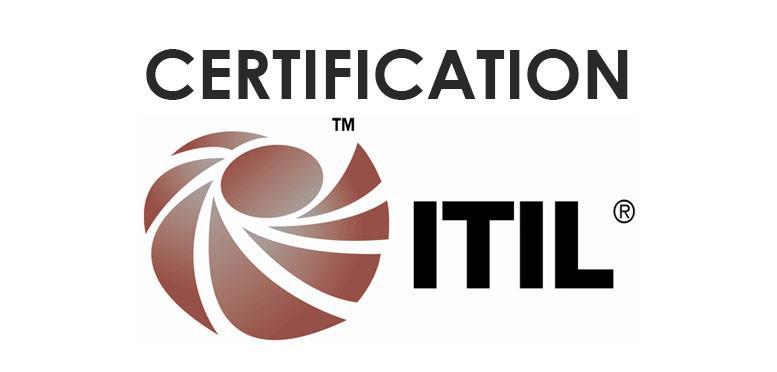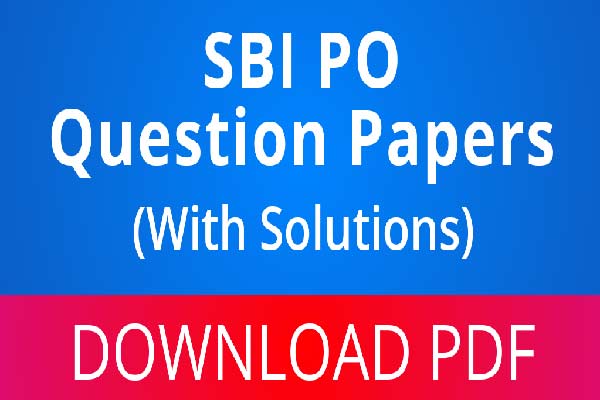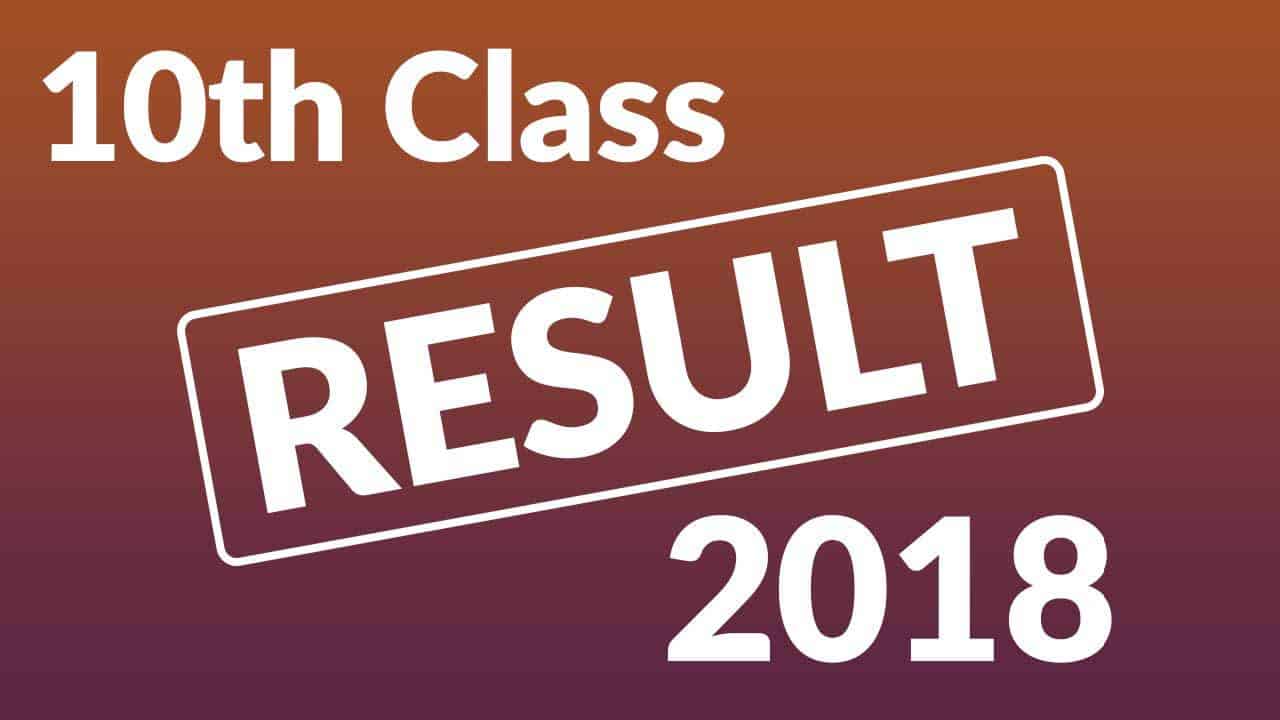Our personality is a set of our habits, and habits have a prevailing role in our lives. Habits consist of knowledge, skill, and desire. Knowledge lets us know what other skills give us the capability to know how to do it.
Habits are usually unconscious patterns; habits express our character and generate our efficiency – or our incompetence. As Aristotle said, “We are what we repeatedly do. Excellence, then, is not an act, but a habit.”

Habits are the behaviors that we repeatedly do in the same manner. Our character is a combination of our habits. No matter what our present situation is, we are not in our habits. We can replace our old disparaging habits with new habits of effectiveness and happiness.
The seven habits progress us through the following three stages:
- Dependence
- Independence
- Interdependence
To a greater extent of success today, tends to value independence, urging people to become open-minded and to do their own things. The reality is that we are mutually supporting and the independent form is not constructive for use in an interdependent atmosphere that requires leaders and players. Further, in this article, I will be enlisting all the “7 effective habits of highly successful people” from the book in which I will also suggest or leave it open-ended on how to incorporate them in our daily lives. Here are the seven habits:
Table of Contents
1 – Be Proactive
Being proactive means being aware of our responsibility in order to make things happen. The people who end up with the good jobs are those who take hold of the program to do whatever is necessary to get the job done. As we become more practical, we will make mistakes. While we choose our actions freely, we cannot choose their consequences and penalties – which is governed by natural law. The proactive approach for any mistake is an act to recognize and identify it instantly, correct it, and learn from it without having to go through the same process. To wait or to deny the mistake is to miss its lesson and this is the only reason we come across the same consequences if the lesson is not grasped in time.
If we want to boost production then we should stop blaming outer factors or be depending on them for our success. Take responsibility of your own life, accept that your life is an upshot of our own decisions amidst the conditions handed to us and make an effort to evaluate what we can change about the way we work, and do all we can to bring about this change. In short, be ‘self-aware’ and willing to improve.
2 – Prioritize Well
This habit engages self-control and self-management: putting things first. Leadership decides what the “first things” are, and management is the regulation of carrying out our program.
When faced with a stream of work, do not become a nervous break. You have a number of tasks to complete, organize them into a checklist in an order of sliding importance. Charge the different tasks according to how important or imperative they are, and deal with the most critical ones first. This helps to reduce stress, hold off procrastination, and also ensures that we complete our work.
3 – Be Clear With the End Goal of Your Actions
This habit of helpfulness is to start on with the end in mind. It means to be familiar with where we are going so as to recognize where we are now and take our next step on the right track. It is easy to get slowed down in an activity in the busy schedule and to work harder and harder at climbing the ladder of success. We may be very well-organized by working recklessly and thoughtlessly, but we will be successful only when we begin with the end result in mind.
This reinstates the point of focus. Be persuaded by the final goal and how the actions we take will help us achieve that. Never lose vision of the end goal. Above and beyond providing strong inspiration, this will also guarantee that we actually achieve the objective we planned.
4 – Communicate More to Understand Others
Listen to the extent that you speak. Take your time to identify with the experiences, before landing on your own judgment. Clear and regular communication can help you analyze the problem to be worked on, and will give you a better idea of how others view the same issue. This new viewpoint could help you work out a much more effective resolution – and will guarantee that you are tackling the challenge that your team is in front of – and not something that you have misguidedly anticipated. You can achieve new levels of growth by attending psychotherapy sessions to unlock your true potential through communication.
5 – Think of the Success of All Chance Holders
This is a critical habit which has been sidelined in many organizations today. To give a better explanation: think of a business deal when you have to consult with a client. Your goal is to make the most profit for your business, and landing this money-making deal would mean you have done your job accurately. Alternatively, the customer wants to get the best value and does not want to give in on the quality. You should make an evenhanded decision; consider the situation from the client’s perspective and create a business deal that satisfies the client’s requirements as well as helps you accomplish your goal. The client will be glad about your work and you will win the long-term business.
6 – Collaboration
The beginning of co-operating is that two people can be dissimilar, and both can be right. It’s not reasonable. It’s emotional. A group is more helpful than the sum of its persons – collaboration with others is key to boosting your own helpfulness. No person can achieve professional success all alone. It takes the support of a team to boost your organization’s productivity.
7 – Regular Self-Regeneration
By incorporating regular self-regeneration means we are renewing ourselves, in all 4 aspects of our natures:
- Physical – exercise, nutrition, stress management;
- Mental – reading, visualizing, planning, writing;
- Social/Emotional – service, empathy, synergy, and security;
- Spiritual – spiritual reading, study, and meditation;
To exercise in all these necessary dimensions, we must be proactive.
The Bottom Line:
“The 7 Habits of Highly Effective People” is a book written by Stephen Covey which was published in 1989 and this book has been a life-changing read for me. I recommend it to every person whenever I get the chance. This book has benefited me in more than one way and my admiration for the content in the book led me to adopt these habits in my life.
Ever since I moved to Tulsa and I got Cox internet, I had been looking forward to writing something about it so that many more people could understand it. I must say that Cox Tulsa has been equally supportive because it’s been 5 years since I got that. I hope this book summation helps someone somewhere.
It starts with adding habits like being proactive in the beginning with the end in mind, and we decide the destination and potential outcomes, by putting things first; we become self-aware always Think Win-Win. Do not get into self-doubt and avoid wild risks, but be curious by seeking first to understand, then to be understood. If you want to go fast, go alone- if you want to go far go together – collaborate, team up, add different experiences and dimensions to your journey. Then comes the last habit which is to habitually sharpen the saw, which means to prepare and plan for whatever you are going to do. It will save your time and energy in the long run.

 10th Class Result Announced Date 2019 Gujranwala Board
10th Class Result Announced Date 2019 Gujranwala Board Career Wishlist, Career Planning With Endless Opportunities!
Career Wishlist, Career Planning With Endless Opportunities! Engineering Diploma Colleges in Uttarakhand That Offer Quality Education
Engineering Diploma Colleges in Uttarakhand That Offer Quality Education Why Online Coaching Has Soared On The Popularity Front
Why Online Coaching Has Soared On The Popularity Front Here are the Intricacies of Service Capability Modules of ITIL
Here are the Intricacies of Service Capability Modules of ITIL Why Do You Need SBI PO Previous Year Paper to Ace the Exam?
Why Do You Need SBI PO Previous Year Paper to Ace the Exam? 10th Class Result 2018 Will Be Revealed In July
10th Class Result 2018 Will Be Revealed In July Three Best Ways A Student Can Learn Piano Music
Three Best Ways A Student Can Learn Piano Music Four types of key Skills you can Learn Online
Four types of key Skills you can Learn Online Untold Pros by Availing the Services of Online Accounting Assignment Assistance Agency
Untold Pros by Availing the Services of Online Accounting Assignment Assistance Agency Can Technology Be Used To Boost The Quality Of Education?
Can Technology Be Used To Boost The Quality Of Education? How Academic Organizations Plays A Vital Role In Students’ Life?
How Academic Organizations Plays A Vital Role In Students’ Life? 6 Important Project Management Skills That Are Often Overlooked
6 Important Project Management Skills That Are Often Overlooked Top 4 Early Learning at Home Guiding Principles
Top 4 Early Learning at Home Guiding Principles